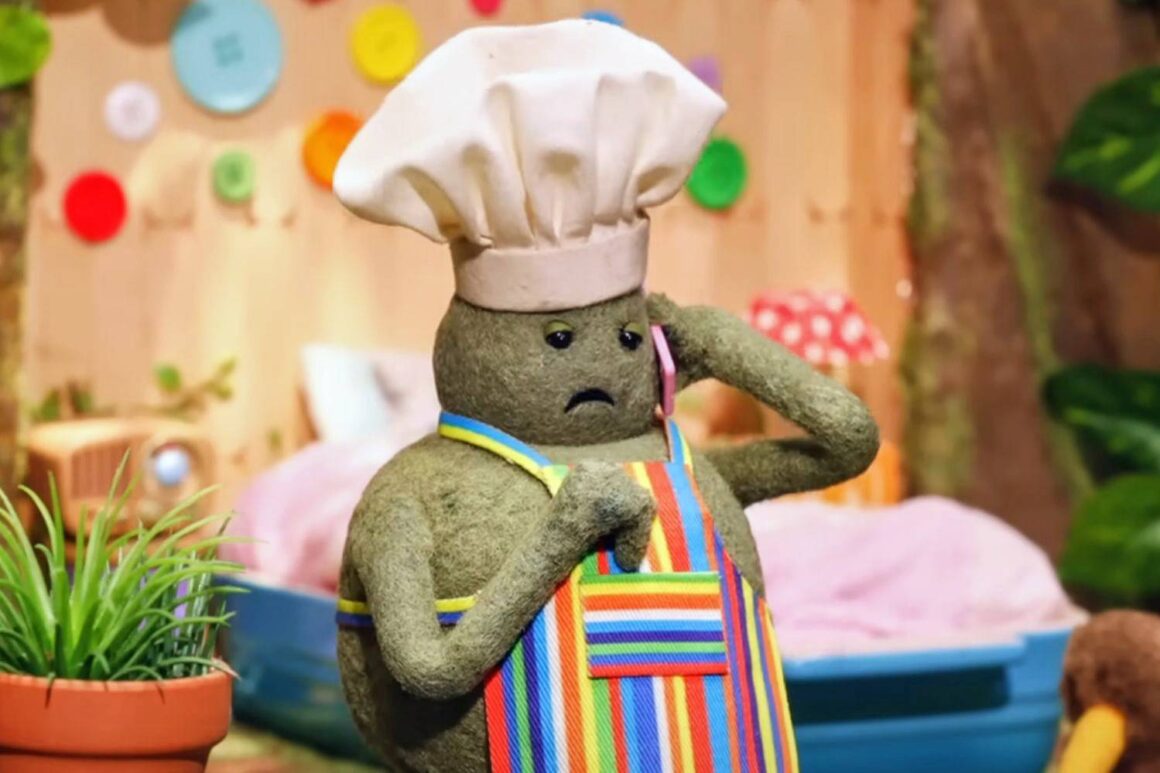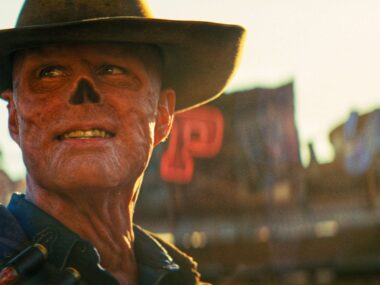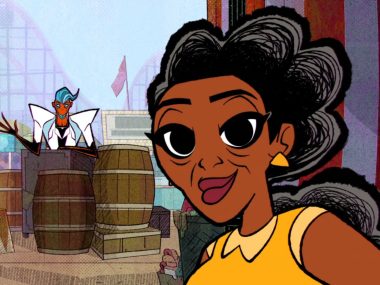On June 24, 2025, a video of a tiny felt-covered chef cleaning his room was posted on YouTube. He gets a call from Nickelodeon and he’s devastated to learn that his cooking show, The Tiny Chef Show has been canceled.
“But we…we won an Emmy,” Tiny Chef lisps into his phone. “What about Rob? And Jen? Kate? Patty? MK? Leah? All my friends…” But no amount of pleading can change Nickelodeon’s minds. After the call ends, Tiny Chef tries to go back to cleaning his plant, only to burst into tears.
To say the video has gone viral would be an understatement. One X account that reposted the clip has gotten over 115 million views. Celebrities like Florence Pugh, Dionne Warwick, E-40 and Melissa McCarthy have offered their support and just about everybody has criticized Nickelodeon for cancelling the show. But how did a 1 minute 16 second video manage to get such strong reactions from the Internet?
What Is The Tiny Chef Show?
The Tiny Chef was created in 2018 by Rachel Larsen, Ozlem “Ozi” Akturk, and Adam Reid as an Instagram project. The project follows herbivore Tiny Chef (called Cheffy by his friends) as he creates miniature plant-based dishes or “weshipees.”
His popularity on social media got the attention of Nickelodeon, and in 2020, they announced they were bringing The Chef to TV. Blending live-action with stop-motion animation, the first season premiered on September 9, 2022 with celebrity guests like Liza Koshy, Kristen Bell (who’s also an executive producer) and even had RuPaul as an announcer until season two. The Tiny Chef Show ran for three seasons and 31 episodes (including one holiday special) with the final episode airing on March 6, 2025.
Grief in Stop-Motion
The video in itself was simple. But every detail was an accurate depiction of grief. We see the Tiny Chef starting his day cheerfully, only to be blindsided by devastating news. He goes through different emotions in quick succession: shock, pleading, trying to stay positive, then breaking down and crying on his bed. It mirrors how real people process loss and disappointment.
It’s also relatable because a lot of people know the pain of having a dream taken away from them. Getting fired from the perfect job, facing creative rejection and then getting it hit by the bad news without warning.
The creators of Tiny Chef explained they’ve been making videos showing Tiny Chef looking for other jobs and coping with his show being on hold because it reflected what was going on in their lives. Once they learned of the show’s cancellation, they decided to make a video showing what would happen if Chef was the one to get the call. They wanted something that would hook fans in, spread awareness of what was going on and give everyone involved an emotional outlet.
What Will Happen to Tiny Chef?
Production company A24 has reached out to the creators of Tiny Chef but for now, Akturk and Larsen have pivoted back to releasing online-only content.
They’re accepting donations via their website but they also encourage fans who can’t donate to watch and share Chef’s videos with their friends and family. Tiny Chef’s show may be gone from TV screens, but his story is far from over.
Lessons from a Tiny Icon
So what can other content creators learn from this little felt legend?
- Lead with honesty. Instead of a corporate announcement, the Tiny Chef team crafted a character-driven story rooted in emotional truth. It felt personal. It was personal. And audiences could tell.
- Embrace vulnerability. Chef didn’t mask his sadness. He let it show. That openness created empathy and gave fans permission to feel something too.
- Move fast, but stay grounded. The creators didn’t just ride the wave of virality. They channeled it into a clear next step: more content, more community, more Chef.
- Trust the audience. The creators are honest about the financial realities of going independent. They asked for help and fans showed up.
- Be gracious, even when disappointed. The team publicly thanked Nickelodeon and reminded fans not to direct anger at the network. That generosity only deepened the goodwill.
In a world dominated by corporate noise and an unpredictable algorithm, the emotional breakdown of a tiny puppet reminded us of something vital. Storytelling still matters. Honesty still connects. And sometimes, the smallest voices are the ones that stay with us the longest.






